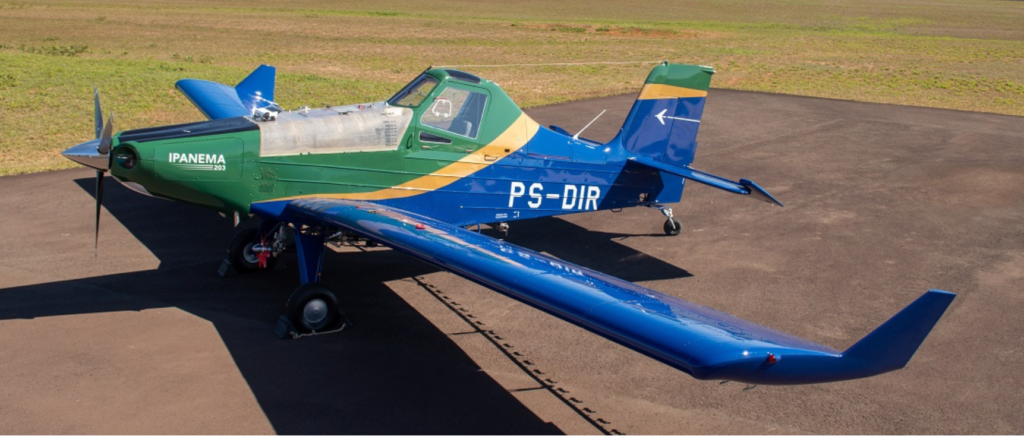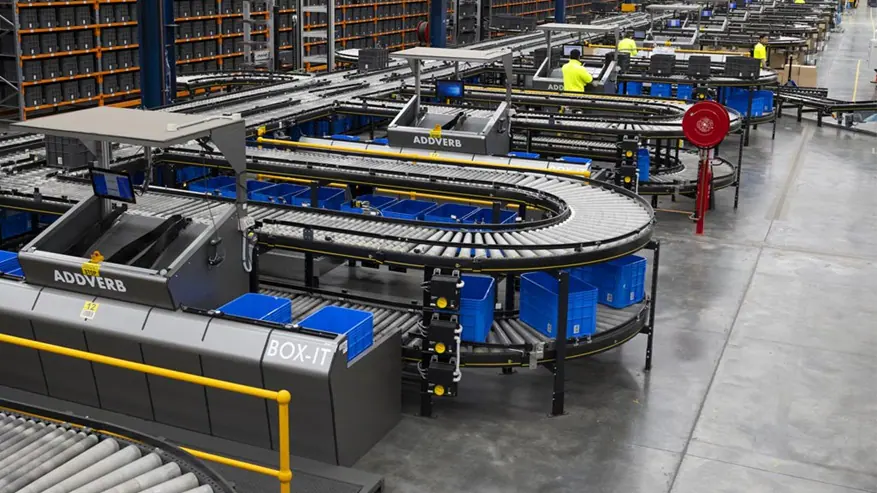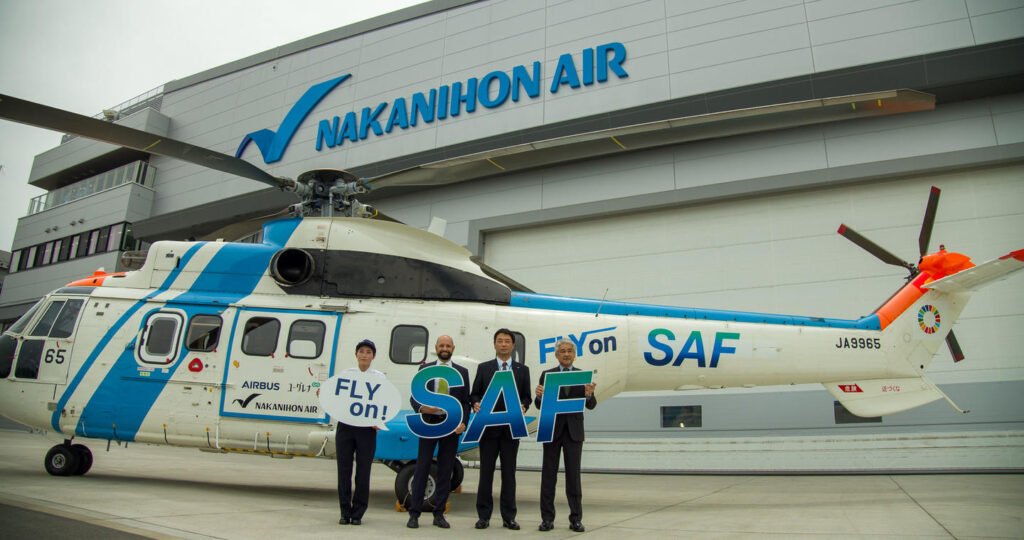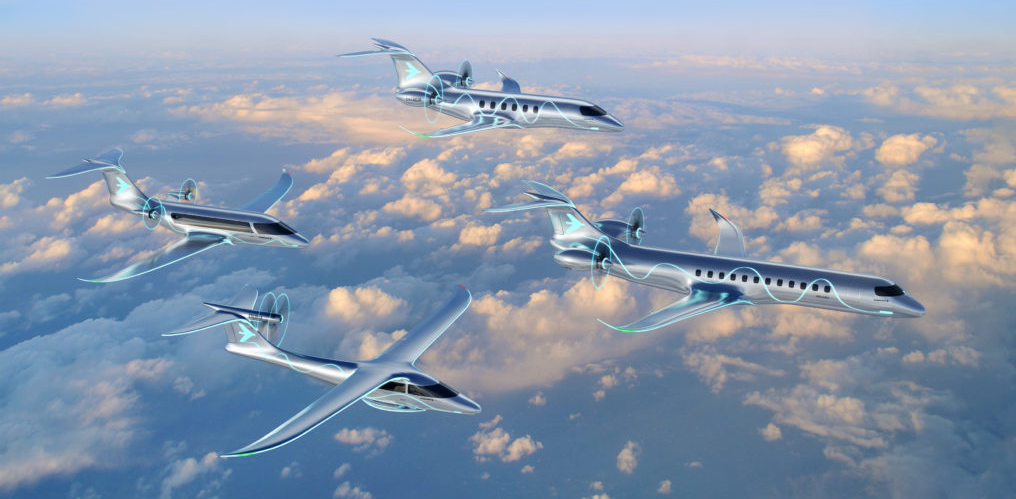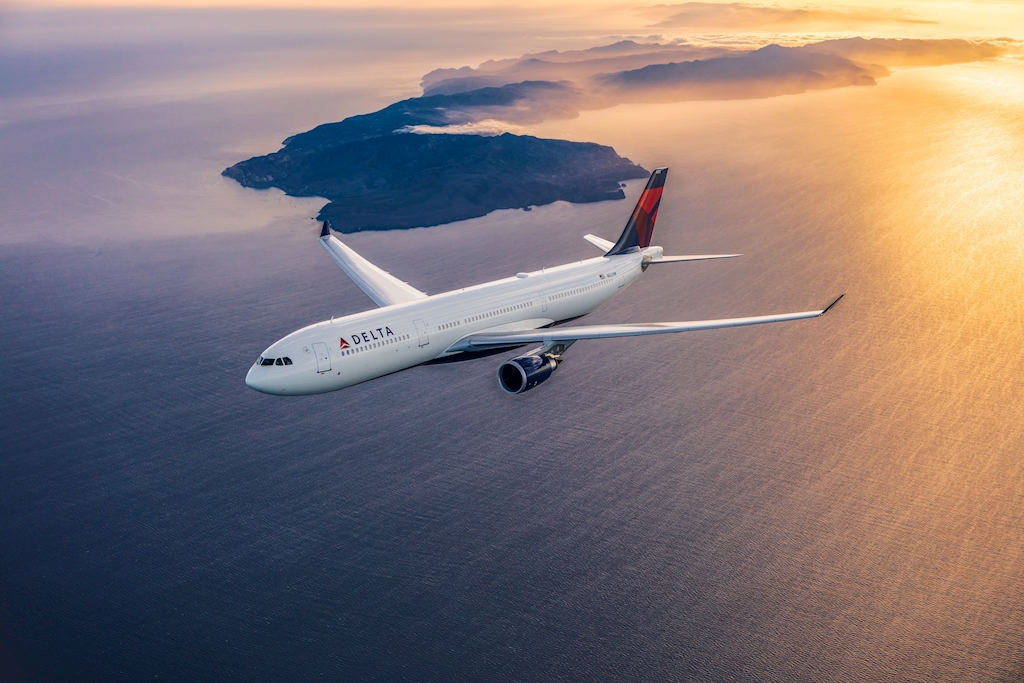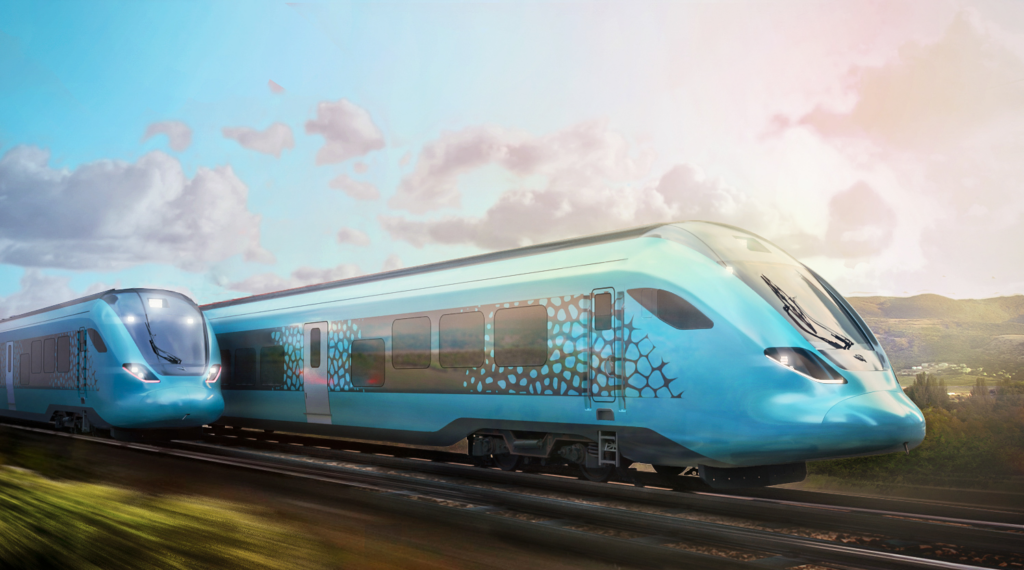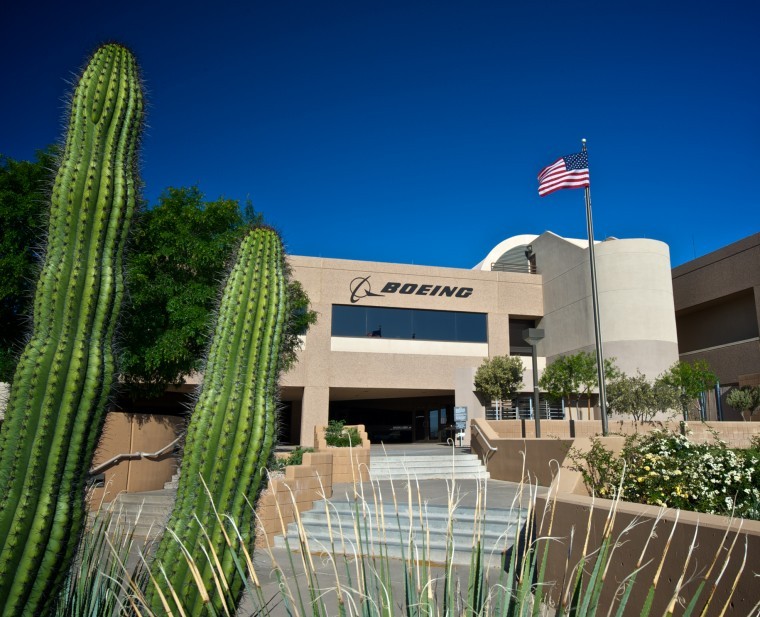Embraer delivers Ipanema agricultural airplane number 1,600
Botucatu, Brazil, January 15, 2024 — Embraer SA (ADR-NYSE: ERJ) Agricultural Aviation Division delivered 65 Ipanema airplanes in 2023, an increase of 18% compared to the previous year. As a result, in December, the company…
